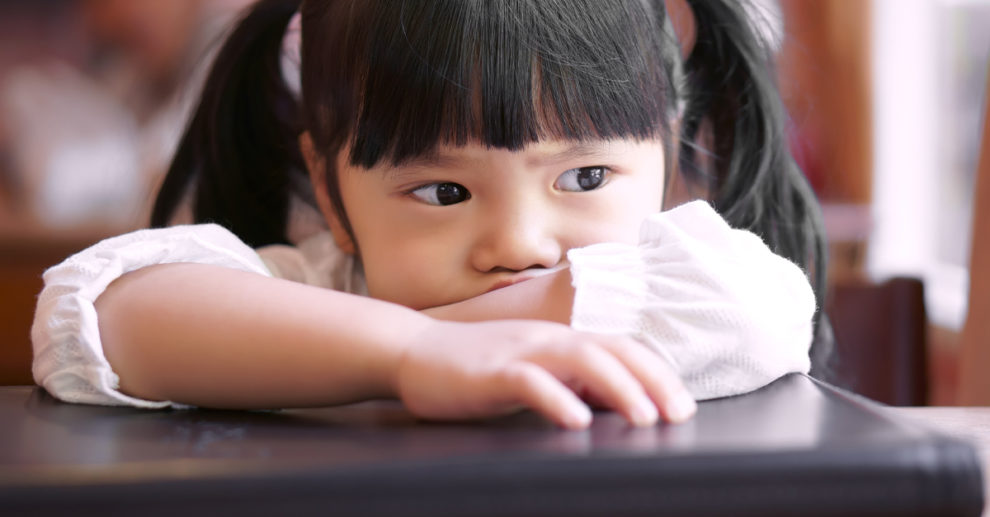Divorce is an emotionally challenging and complicated process affecting not only the spouses but their children. Children caught in parental conflict and polarized interest can suffer the aftermath of this situation.
While many parents try to put their differences aside for the sake of their children, others let their interests cloud their parenting decisions. This dilemma can lead to severe consequences for the children, such as emotional distress and developmental problems.
In this blog post, we will discuss the consequences of divorce conflict on children, the importance of putting children’s interests first, and how parents can help their children cope with the situation.
The first consequence of divorce conflict on children is emotional distress. It is common for children to experience confusion, anxiety, anger, and sadness during and after the divorce process.
The conflict between their parents can exacerbate these feelings and lead to psychological problems such as depression, anxiety disorders, and post-traumatic stress disorder (PTSD).
Children who witness their parents fighting or bad-mouthing each other may also develop a negative perception of relationships and struggle to form healthy relationships when they grow up.
The second consequence of divorce conflict on children is developmental problems. The family environment affects Children’s development, and divorce can disrupt this environment.
The conflict between parents can make children feel unsafe and insecure, negatively impacting their physical, cognitive, and social development. Moreover, separating families can cause changes in routines, living conditions, and school environment, which can also affect children’s development.
Read more: The Effect of Divorce on Children – An Age-by-Age Guide
The third consequence of divorce conflict on children is polarized interest. When parents are focused on their own interests, they may lose sight of their children’s needs.
For example, a parent who wants custody may use their children as pawns to gain an advantage in court. This approach can cause long-term damage to the children, putting them in a battle.
In addition, children may start to feel that they have to choose sides, which can cause loyalty conflicts and lead to self-blame or guilt.
Read more: Tips on Handling a Teen who Acts out After Divorce
The fourth consequence of divorce conflict on children is behavioural problems. Children who experience the turmoil of parental conflict may develop behavioural problems such as aggression, rebellion, and substance abuse.
These types of behaviours may be attributed to the stress and trauma of the divorce process. They can cause long-term damage to the children’s mental health and relationships.
Read more: Managing Conflict in Your Divorce
The fifth and final consequence of divorce conflict on children is academic problems. Children who experience parental conflict or separation may struggle with schoolwork and academic performance.
The stress and turmoil of the divorce process can affect their ability to concentrate, focus, and retain information. Additionally, changes in living arrangements, schools, and routines can disrupt academic support for children, causing frustration and disengagement from learning.
Read more: Parental Alienation: The Negative Effects on Children
Conclusion:
Divorce is never easy, and it can have severe consequences on children. Parents must put their children’s interests ahead of their own and avoid letting personal interests and conflict cloud their decisions.
Children who experience parental conflict need emotional support, stability, and understanding. Parents should also consider seeking professional help to provide their children with the necessary support and resources to navigate this challenging life phase.
By putting the children’s interests first, parents can help them overcome the challenges of parental conflict and thrive in their future relationships and lives.













